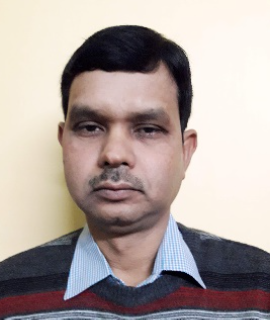Title : Molecular docking of vitamin C and vitamin D with druggable targets on SARS-CoV-2
Abstract:
Objective: To perform molecular docking to determine the binding interactions of vitamin C and vitamin D with druggable targets on SARS-CoV-2.
Methods: We have retrieved two vitamins: vitamin C and vitamin D (as the ligand molecules) from https://pubchem.ncbi.nlm.nih.gov/, and six druggable target proteins of SARS-CoV-2: PLpro (papain-like protease) and 3CLpro/Mpro (chymotrypsin-like protease/main protease), helicase, methyl transferase (MT), spike protein and RdRp (RNA-dependant RNA polymerase), from https://www.rcsb.org/, in 3D forms. We have docked the vitamins to the SARS-CoV-2 proteins, to analyse the ligand-protein interactions. A binding energy of ≤−6.5 kcal/mol was considered as a cut-off in ascertaining the acceptable binding affinity of vitamins to SARS-CoV-2 proteins.
Results: The docking analysis revealed the binding energy for vitamin D, with S protein (−8.7 kcal/mol), 3CLpro (−8.9 kcal/mol), PLpro (−9.5 kcal/mol), RdRp (−9.5 kcal/mol), MT (−9.2 kcal/mol) and helicase (−9.8 kcal/mol). The binding energy for vitamin C to the SARS-CoV-2 proteins ranged from −5.4 kcal/mol (with PLpro) to −4.9 kcal/mol (with 3CLpro). The binding affinity of vitamin D to all the SARS-CoV-2 target proteins was higher compared to that of vitamin C.
Conclusion: Current in silico study justified the usefulness of Vitamin D as supplement or treatment of COVID-19 caused with the infection of SARS-CoV-2. Vitamin C might also be potentially in reducing SARS-CoV-2 infection causing COVID-19 pandemic.


